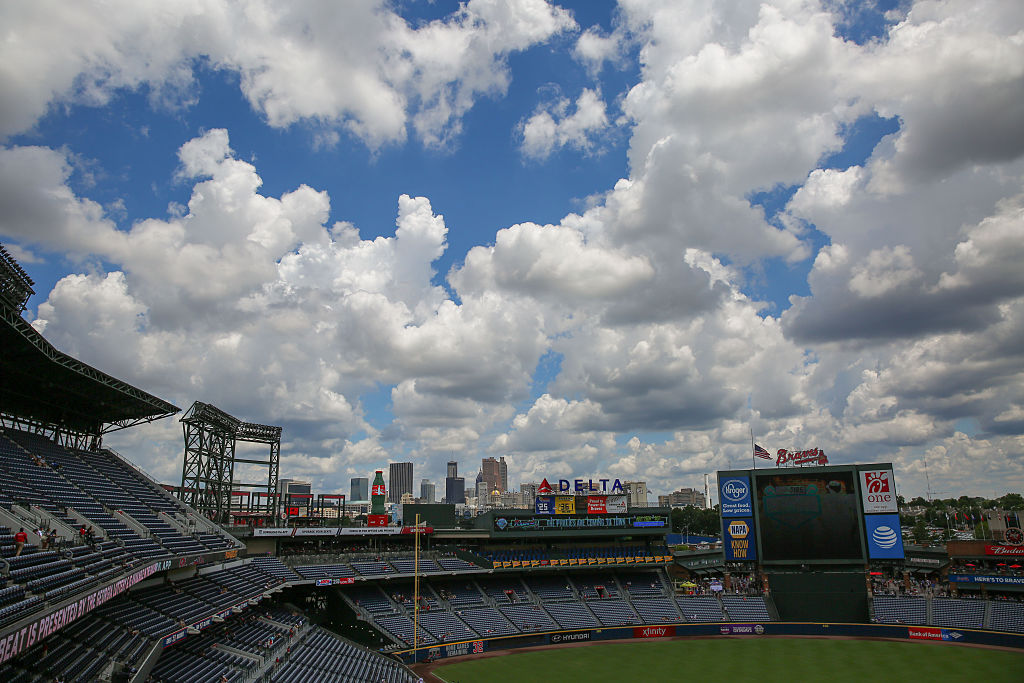The fate of Turner Field, which has been the home of the Atlanta Braves since 1997, has been the subject of much speculation. We now have an answer as to what will happen once the Braves move out, as reports indicate that Georgia State University is purchasing the 70-acre property that includes Turner Field.
It means a new football home for the Panthers, who currently play in the cavernous Georgia Dome.
It also means a lot of change for the university, as they also plan to put up a stadium for the baseball team and bring in a combination of student housing, shopping and entertainment options on the former site of the home for the 1996 Atlanta Olympics.
Negotiations began back in January between the city and the university, but a deal hadn’t been reached until now.
It appears that Georgia State has high hopes for the infrastructure of Turner Field, with the report indicating that they are targeting a move date for the 2017 season. GSU has also reportedly committed some $200 million to the redevelopment project.
“We are actually going to achieve what folks have been talking about what should have happened after the 1996 Olympics, in the next 1 to 5 years,” Atlanta mayor Kasim Reed said.
Given the ugly departure of the Braves to their suburban home in Cobb County for the 2017 season, this type of project provides a lot of hope to an area that hasn’t seen much development beyond the baseball stadium.
Atlanta councilwoman Keisha Lance Bottoms believes the deal is also one that will help a community in need of redevelopment too.
“The redevelopment that’s going to happen in and around Turner Field will quite frankly be like nothing we’ve seen since Atlantic Station in the city. It’s going to be phenomenal.”
[…]
“You have the university in this community willing to work with the kids in this community. It’s not just a physical redevelopment, but a community redevelopment.”
This move could be a game-changer for a football program that went from starting from scratch in 2008 to making a bowl game appearance this past season.
It took just three years at the FBS level for the Panthers to make a bowl game, and connecting more with the university as a whole should help this program and community in the future.
[WSB-TV]







